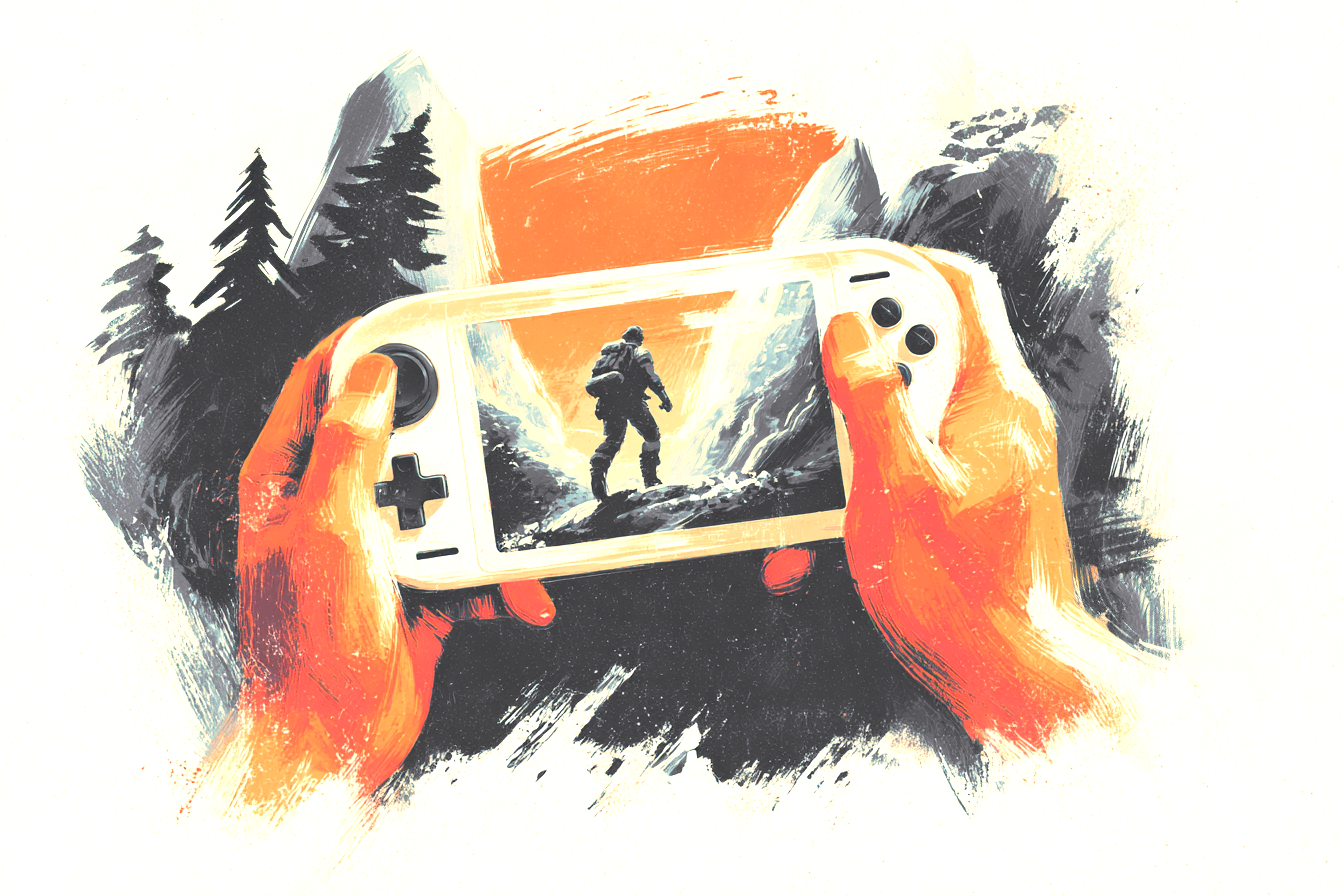External development in games has undergone a titanic shift over the past few years. What started as traditional outsourcing has evolved into a more collaborative co-development model.
And this shift has been rapid. For instance, a well-known work-for-hire studio with 25 years of experience recently shared with me how they landed their first co-development project 6 years ago, after nearly two decades of 100% outsourced work. Today, every one of their dozen active client projects is a co-development partnership.
This transformation has been so pronounced that some service studios have scrubbed the term 'outsourcing' from their websites and promotional materials altogether.
So why the change? And what is really going on?
Let’s start by revisiting our prior definitions of exdev partnership models:
- Outsourcing: Work that can be defined by deliverables.
- Co-development: Individuals or teams working directly in your code and owning cross functional content.
- Team Augmentation: Adding staff to your existing team.
The key element and reason for the evolution lies in ‘ownership’.
Outsourcing is useful because it allows teams to get more done, often at a lower cost. However, because the work assigned is predetermined, it means internal teams are simply augmenting what they’re already doing. The ownership remains with the core team, not the outsourcing studio.
Co-development on the other hand allows teams to shed entire areas of responsibility, refocusing on the core elements & differentiators of their game.
It also has the benefit of unshackling external resources. Gone are detailed specs, replaced with goals and requirements. This allows external studios not only to augment a team’s capacity, but actively improve whatever it is they’ve assumed ownership over.
Of course, how much agency is actually given to external studios varies dramatically within co-development...but the point remains: distributed ownership > legacy outsourcing.
Does this mean outsourcing is dead? No, absolutely not. It’s still a useful model for certain types of work. And by total spend, it is still the largest category of external development (due to the fact that the type of work it’s most useful for - notably high end 3D assets - tends to consist of projects that are massive in scope).
However, it’s apparent that the gaming industry is moving in this direction for a reason. Today’s games are now so complicated that taking responsibility for every single feature demanded by players is simply no longer the ideal way to produce games.
Gone are the days of clients and vendors. Enter: partnerships!





